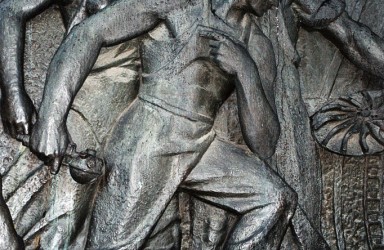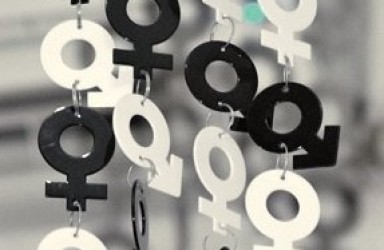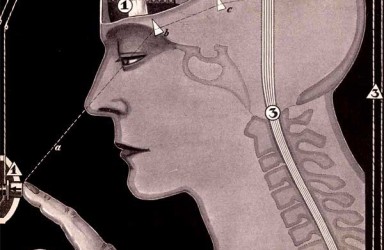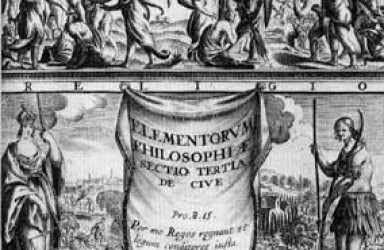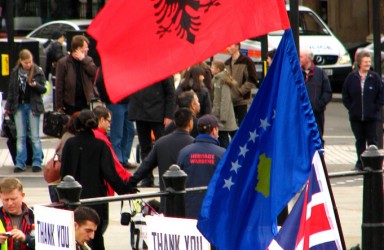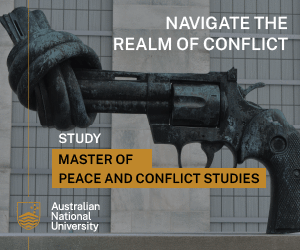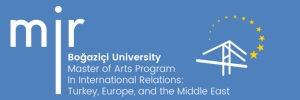The criterion of society’s level of development
As a whole the situation in the Central Asian region is fraught with future social disturbances. They are inevitable in all countries, but the degree of violence will be different according to the achieved level of development. The bloodiest events are possible in Uzbekistan, Tajikistan and Turkmenistan. In the latter country, a variant of the Libyan example is quite probable.
Adolf Hitler’s account of the ‘Nation’ and ‘Nationalism’
Hitler imagined the nation in purely ethnic terms, the German Volk with the Aryan core at the top of the genetic pool. However, nationalism is too thin an ideology to be Hitler’s only political thinking and he uses the ideas of Social Darwinism, fascism and militarisation to thicken out his personal ideology.
Security Studies and the Marginalisation of Women and Gender Structures
The emergence of critical theory and the encroachment of feminist scholarship into IR discourse has highlighted the position of women within the international security framework. Yet, the dominant theoretical perspectives, realism and neorealism have been accused of neglecting the gender variable.
The relevance of gender to our understanding of war refugees
Gender is imperative to our understanding of issues surrounding refugees of war. The use of a gender lens to scrutinise the ways in which people are treated demonstrates the embeddedness of deeply held beliefs about men & women and the roles and responsibilities that they should be fulfilling, according to societal norms.
The antinomical duality of biopolitical discourse in Agamben, Esposito and Arendt
In recent years the concept of biopower has become central to the study of the social and life sciences; with numerous interdisclipinary research networks established to investigate the reality of biopower, in relation to subjects as diverse as stem cell research, biotechnologies, and the War on Terror.
Amorality and Justice in Machiavelli’s Political Thought
Machiavelli’s political thought, transcends the levels of good and evil, and yet also embraces the notion of just political rule. In that sense, Machiavelli is indeed an amoral political thinker, though not on the basis of his expounding evil, but of his conception of the proper relationship between virtù, fortuna, and political statecraft.
Hobbes’ Leviathan: Innovation or continuation?
Hobbes’ views drifted away from the medieval natural law tradition, which dictates that natural law is provided by God and is a universally binding, authoritative and knowable good. Hobbes was aware of the fact that by excluding theism and universality his readers might condemn and ignore him as a radical, which as we know, proved to be the case.
Internationalized Sovereignty: Erosion or Extension?
The Kosovo intervention was the first in history to be justified solely on the basis of human rights breaches by a sovereign state within its territory, which were judged to present threat to international order. The bottom line remains that Belgrade’s sovereignty over Kosovo was first breached and then completely removed by the international community.
Decision Makers, Personal Belief, and Foreign Policy
Beliefs do matter in foreign policy as decision-making rarely conforms to demanding rational choice models. The power of ideas in international relations highlights particular human weaknesses, which might help understand a number of seemingly inexplicable decisions. Beliefs, however, are only one part of a wider framework.
The Iran/Contra Affair and the Nature of U.S. Democracy
The necessities of statecraft require some level of secrecy. Reagan abused this and the results were the Iran-Contra scandal. No President has used the office of the Executive in a more regal, imperial and ordained manner than Ronald Reagan. His use and abuse of the institution to pursue his own ideological doctrine raises the fundamental questionn of whether the concept of democracy is a viable one at all.
